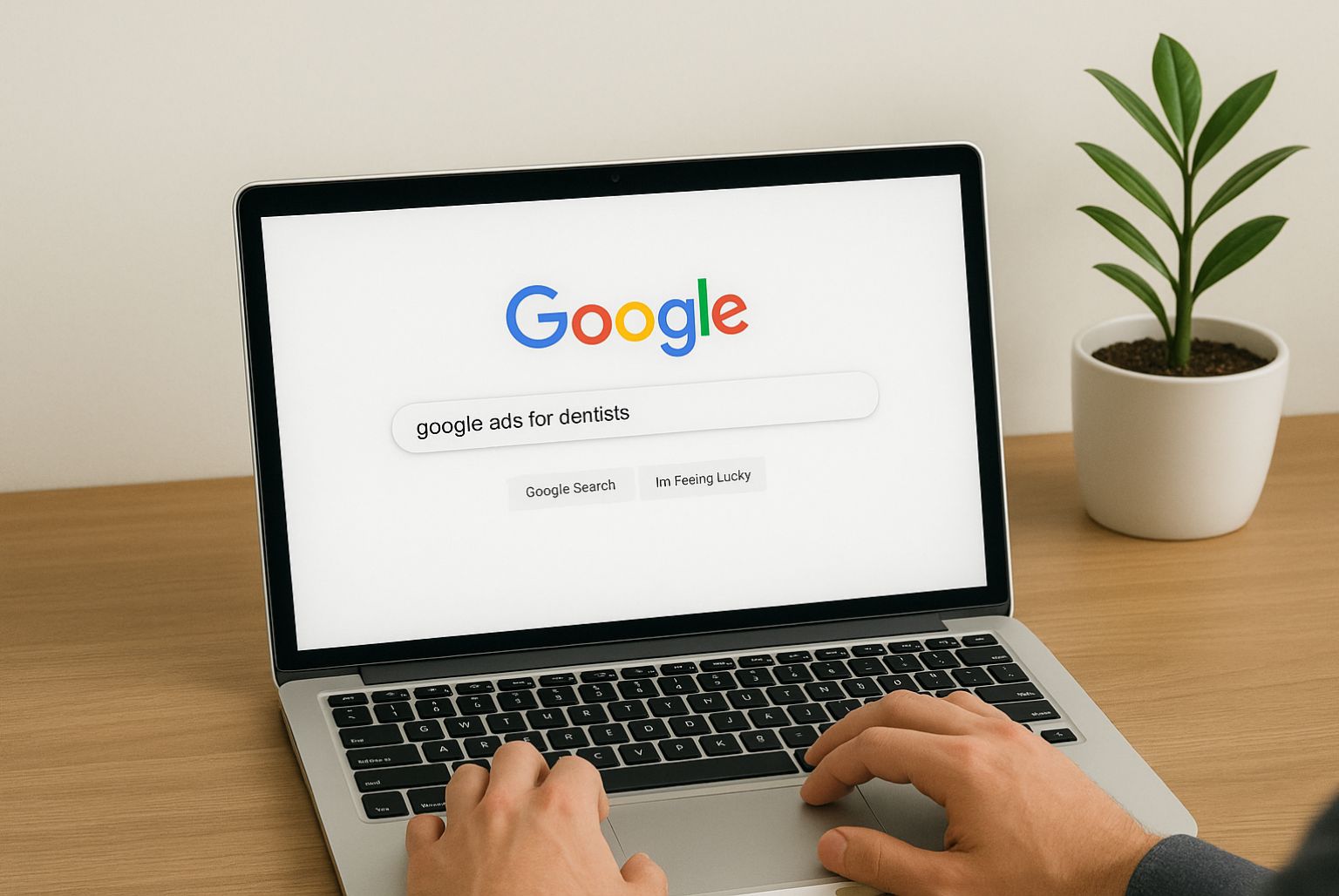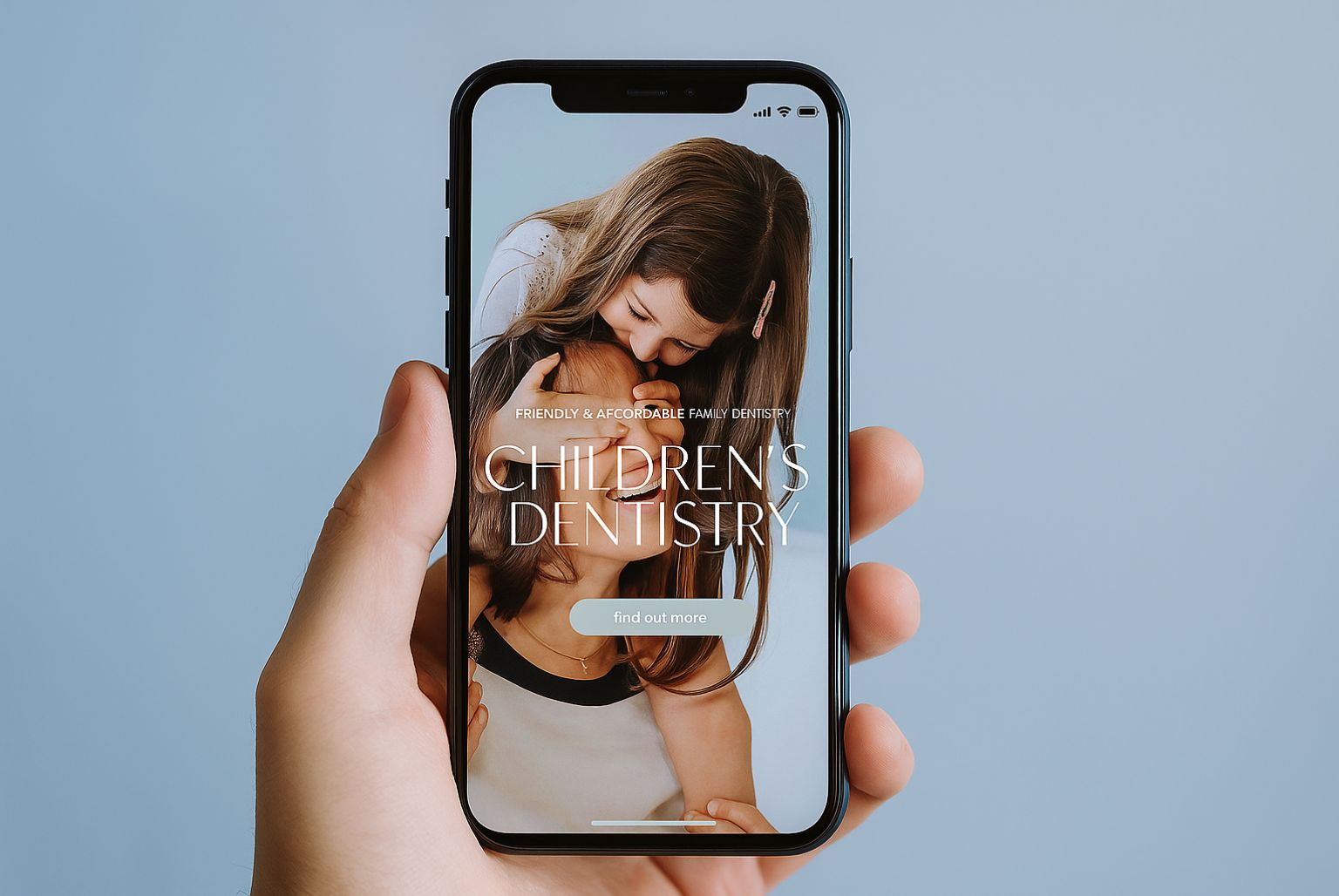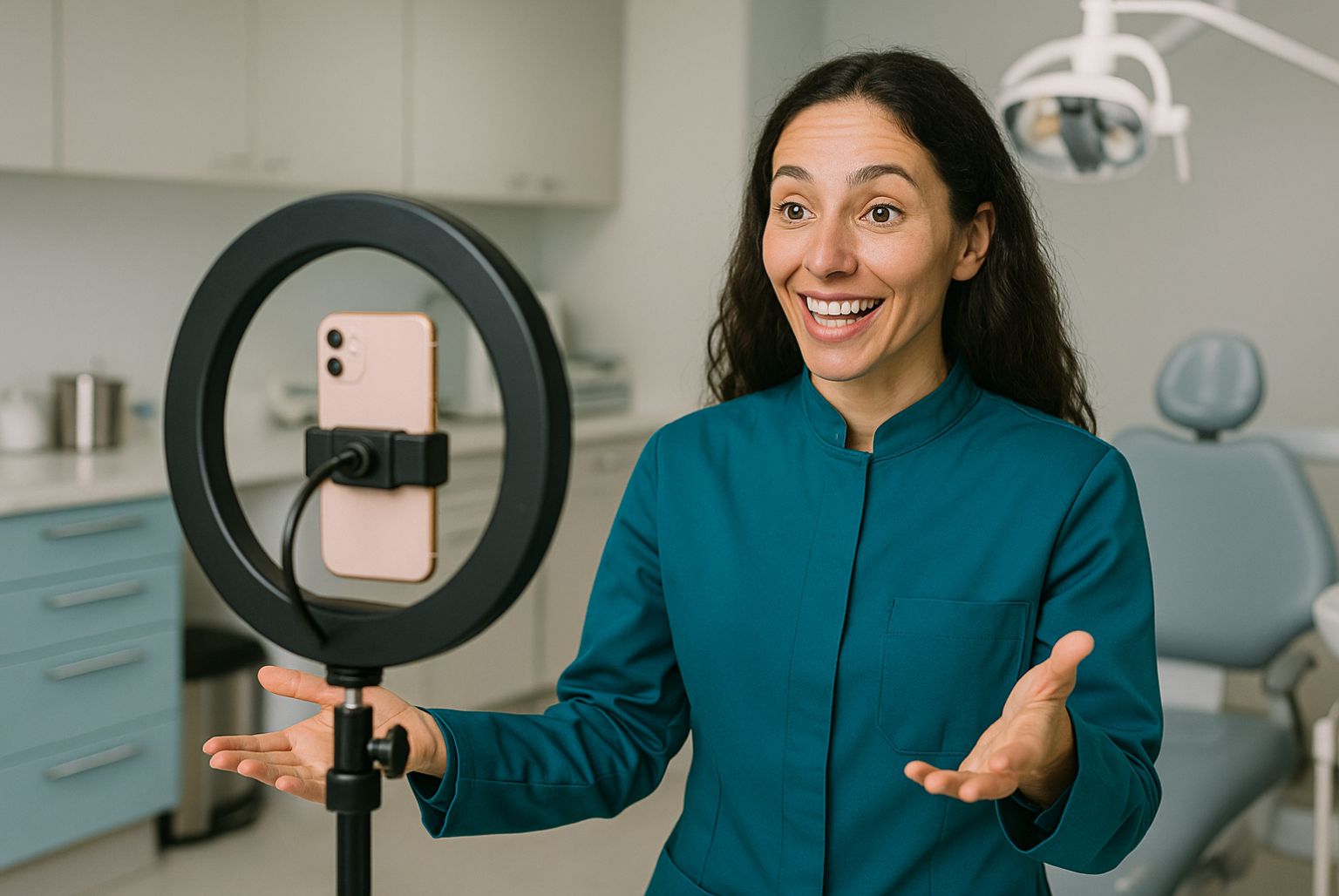In the UK, an estimated 5.4m people follow anti-vaxxers across social accounts, pages and channels – covering Facebook, Instagram and YouTube. If any one of them was to share that content, it’s unimaginable to think of how many people it could reach – and how many would be motivated to join the cause.
Vaccinations have a troubled past. History shows that early vaccines didn’t always have to quarantine in place, and the lack of knowledge about sanitation and disease prevention in earlier times caused complications (for instance, from sharing needles between patients). However, in the modern age, diseases such as measles were almost eradicated by vaccine uptake – until the vaccinations became the target of anti-vaxxers. This led to the UK and the US losing their ‘measles-free’ status when outbreaks occurred in the 2010s.
It may seem like vaccinations don’t affect your day-to-day business, but in reality, the opposite is true. Here are just a few ways the anti-vax movement could be damaging your brand, as well as increasing infections and deaths on a global scale.
1. Future lockdowns
The biggest concern surrounding the anti-vax movement is that it targets those who are undecided about whether to become vaccinated or concerned about having one. Without vaccination, covid-19 will spread further, which could lead to more restrictions, distancing, quarantining and lockdown measures in the future.
While some businesses have managed to stay afloat during the covid storm (read on for how we’ve helped with that later), there’s no denying that lockdowns put limitations on the treatments, products and services you’re able to offer your patients.
2. Health misinformation
It’s not just vaccine refusal that’s a potential health threat. Many anti-vax movements cite alternative treatments in place of a vaccine, which vary between being ineffective to downright dangerous. This has a knock-on effect in that it shakes trust in the healthcare community.
After an undercover report was carried out on the movement, the media and medical community outed the ‘disinformation dozen’ behind the spread of two-thirds of its content, with the study revealing that anti-vax posts had been shared or published more than 812,000 times on social sites between February and March this year. Many of the ‘dozen’ market supplements, medical devices and alternative health books falsely state combat covid, while at the same time claiming that covid-19 vaccines are dangerous, and the disease isn’t.
3. Distrust of doctors
As we’ve mentioned, the anti-vax ‘playbook’ centres around sharing false information that the disease isn’t dangerous, but the vaccines are. Another approach is to denounce the medical community in general – even when some of the ‘dozen’ include current and former doctors. In fact, one figurehead of the movement, though not part of the ‘dozen’, is a former disgraced physician who falsely linked the MMR jab to autism.
With the seeds of distrust sown deeply, it’s not too much of a leap to see that other fields related to healthcare – such as aesthetics and dentistry – could be affected by these untruths. Fear of the dentist and fear of needles are already incredibly common amongst our communities – so what could anti-vaxxers eke out?
Social media steps in
Thankfully, social sites are attempting to tackle the problem of vaccine misinformation, though figures estimate that just 5% of problem content is being dealt with.
Some social sites actively remove misinformation posts, while others ‘label’ them with the correct information instead. Other tactics include de-monetising videos or setting up online ‘information centres’. We’ve covered some methods Google is using in a recent blog.
How to help the covid cause
As an aesthetics clinic or dental practice, it may seem there’s little you can do to combat the anti-vax movement. However, we have a few suggestions, which could help keep your business – and others in the sector – alive.
* Share your personal experiences of vaccination
* Consider asking future patients for evidence of vaccination before accepting in-person bookings
* Continue to adhere to the strictest cleaning/social distancing standards to operate your business
How we can help
We’ve been ensuring our own clients successfully navigate the pandemic through:
* Creating blog content on cleaning and safety measures
* Building e-stores for clients to sell products online
* Setting up online consultation capability and treatment diagnostic tools
* Adding online booking functionality
Get in touch with our digital marketing experts to see how we could help you. Call us on 01159 140 640 or visit our contact page for all the details.




